In a small house, tucked a few narrow alleys away from a busy street in Kampala, Frank Mugisha leans forwards in his chair and places his hands on his desk, the wideness of which emphasises his own slight frame.
“We are an illegal organisation,” he declares. “We are underground. We are essentially operating guerrilla warfare and could be raided by the police at any minute.”
Mugisha is one of the activists who, together with nine other petitioners, is seeking to overturn a tough anti-gay law that was signed by Uganda’s President Yoweri Museveni in February, threatening anyone convicted of homosexuality with a life sentence, and banning the promotion of gay rights.
The campaigners are arguing that the law, which they describe as draconian, is invalid because it was passed in parliament without the necessary quorum of lawmakers. Judges are expected to deliver a decision on the case on Friday.
In the house, there are faint sounds of activity − the gentle tapping of keyboards in the computer room next door, the buzz of excited conversation from the courtyard outside, the laughter of the group having lunch in the kitchen down the corridor.
For an apparent guerrilla headquarters, the atmosphere seems rather calm and cheery, and for a self-declared dissident leader, Mugisha himself appears relatively unshaken. In fact, he is confident that their campaign can succeed. Even the fact that they could all be arrested if the police managed to find the office’s secret location is met not with righteous anger or fear, so much as with a sense of quiet frustration.
Perhaps this is not that surprising. After all, Mugisha, the soft-spoken recipient of various international human rights awards, is not your typical felon; Sexual Minorities Uganda (SMUG), the organisation he heads, is not your average guerrilla outfit; and the potentially illegal operations these activists are engaged in are not exactly ones of violence and state subversion.
Rather, the activities that SMUG and other LGBTI organisations mostly focus on include providing healthcare services, organising community meetings, and setting up support networks. For years, they did this in the face of government hostility and widespread homophobia, but at least they worked under the protection of the constitution.
However, since the signing of the anti-homosexuality act this February, that may no longer be the case.
“We refuse to take a step back,” says Mugisha, matter-of-factly, “but we know that now, we could easily be arrested.”
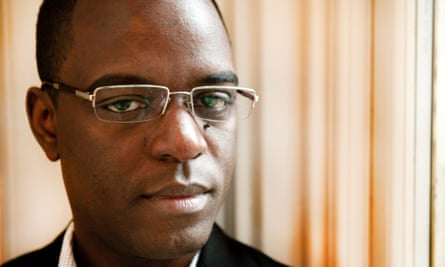
In recent years, legislative homophobia has been sweeping slowly across Africa with Nigeria passing new anti-homosexual legislation this January and the likes of Ethiopia and the Democratic Republic of Congo threatening to follow in its footsteps. Since at least 2009, when MP David Bahati first tabled the anti-homosexuality bill, Uganda has very much been at the vanguard of this movement.
The spread of homophobia
Spurred on by radical US evangelicals such as Scott Lively, Ugandan MPs and religious leaders have long been fomenting homophobia. They have accused homosexuals of being a risk to children and of trying to “recruit” others to their cause, and have consistently called on government to take more heavy-handed action against what they see as “immoral” and “un-African” behaviour.
Some tabloids have also got involved, most famously in October 2010 when Uganda’s Rolling Stone published the photos of 100 alleged homosexuals under the headline “Hang Them!” − an exposé that came three months before David Kato, a leading LGBTI activist and close friend and mentor of Mugisha, was bludgeoned to death in his home. In the aftermath of his death and in the subsequent murder trial, authorities were keen to insist that the attack had had nothing to do with Kato’s activism. Many onlookers remain unconvinced.
On the opposing side, LGBTI groups, human rights organisations and some Western governments have fought against these homophobic trends, and it was perhaps thanks to their pressure that a vote on Bahati’s bill ended up being postponed for so long.
There is more fear now, but we were always fearful and the bill has brought us together to work harder
In February, however, after half a decade of to-ing and fro-ing , these deferrals finally came to an end and, in the face of overwhelming domestic support for the anti-gay bill, Museveni signed it into law.
In this incarnation of the act, the death penalty proposed in the original draft had been removed, but life sentences were introduced for so-called “aggravated homosexuality” and, what’s more, the “promotion of homosexuality” was outlawed for the first time.
As might have been expected, however, the specific legal content of the act was not as important as the basic message it sent out to society, and after the bill’s signing, homophobic incidents skyrocketed by somewhere between 750% and 1,900% according to statistics gathered by SMUG.
“There is so much fear now and some are going back into the closet,” says Brant Luswata, an activist at the LGTBI group Icebreakers. “People are being evicted from their homes. People are being chased away from their place of work. People are getting beaten for nothing.”
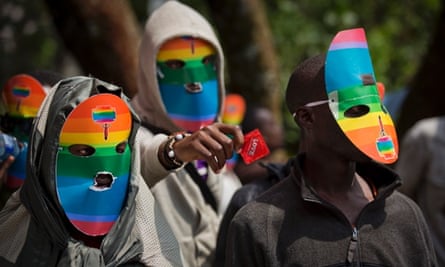
In this environment, victims of discrimination have perhaps needed the support of civil society groups more than ever. But although LGBTI organisations are well-experienced in dealing with hostility and homophobia, they are more anxious now too. After all, the new law means that the “promotion” − or, even more vaguely, “abetting” − of homosexuality carries with it sentences of up to seven years in prison. LGBTI groups would never characterise what they do as “promoting” homosexuality themselves of course, but they are concerned that this is how the government could interpret it.
Earlier this month, for example, the Ugandan government issued a statement claiming that many international donors had “misinterpreted” the law, insisting that “no activities of individuals, groups companies or organisations will be affected.”
But the outcome of a recent legal case seems to undermine this claim. Last month, Uganda’s High Court dismissed a case that had been brought against the Minister for Ethics, Simon Lokodo, for raiding and shutting down a training workshop in 2012. The workshop had been convened to help LGBTI activists develop advocacy and leadership skills, and the plaintiffs maintained that Lokodo had violated their basic rights of assembly. The court, however, ruled in favour of the minister, claiming that he’d had the authority to shut down the workshop because it was indirectly “promoting” or “inciting” homosexuality and was therefore illegal to begin with.
Changing laws is not hard... but what we really need to do in the long-term is change minds
“By the court’s logic, educating people about the law would incite them to commit crimes,” said Neela Ghoshal of Human Rights Watch. “From the High Court judgment, it could be inferred that it is now illegal in Uganda to conduct HIV prevention activities, targeting men who have sex with men, including the distribution of condoms.”
Fighting the law
On the one hand, LGBTI groups in Uganda have always faced opposition, and always had to operate vigilantly and under the radar through networks of trust. Indeed, it is partly thanks to these systems that many groups have been able to continue providing support for those in need, while activists are, now as ever, still calling upon fellow human rights organisations for assistance, meeting with politicians in the hope of finding allies, and fighting hard in the courts to challenge the constitutionality of the anti-homosexuality act.
“We are not shying away,” says Luswata. “There is more fear now, but we were always fearful and the bill has brought us together to work harder.”
The new act has quite directly dealt one huge blow to activists’ cause. After all, the LGBTI movement is not just about providing healthcare and counselling or helping those who are attacked or evicted. It has also been about advocating for change, organising gay pride marches to give the LGBTI community a sense of dignity and unity, and trying to change the mindset of Ugandan society.
The LGBTI community wants to be understood, accepted and loved, not just to survive.
“Changing laws is not hard,” says Mugisha, “but what we really need to do in the long-term is change minds. We need to meet and educate communities about LGBTI issues because ultimately, we are not up against the government. We are up against society and up against ignorance.”
“We are trying to do what we can as usual, but with this act, we cannot educate people or hold community meetings. We can’t do anything of the sort, so first, we have to fight the law.”
James Wan is the senior editor at Think Africa Press. Follow him on twitter at @jamesjwan
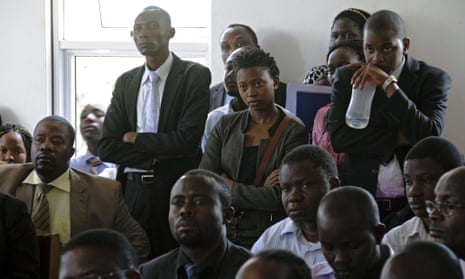
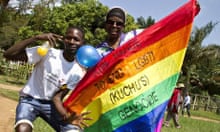
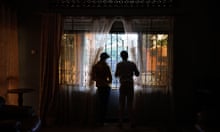

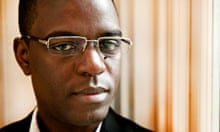

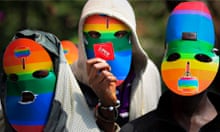
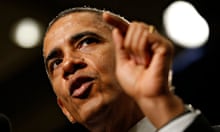
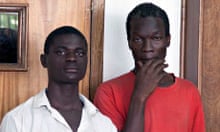
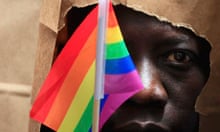
Comments (…)
Sign in or create your Guardian account to join the discussion